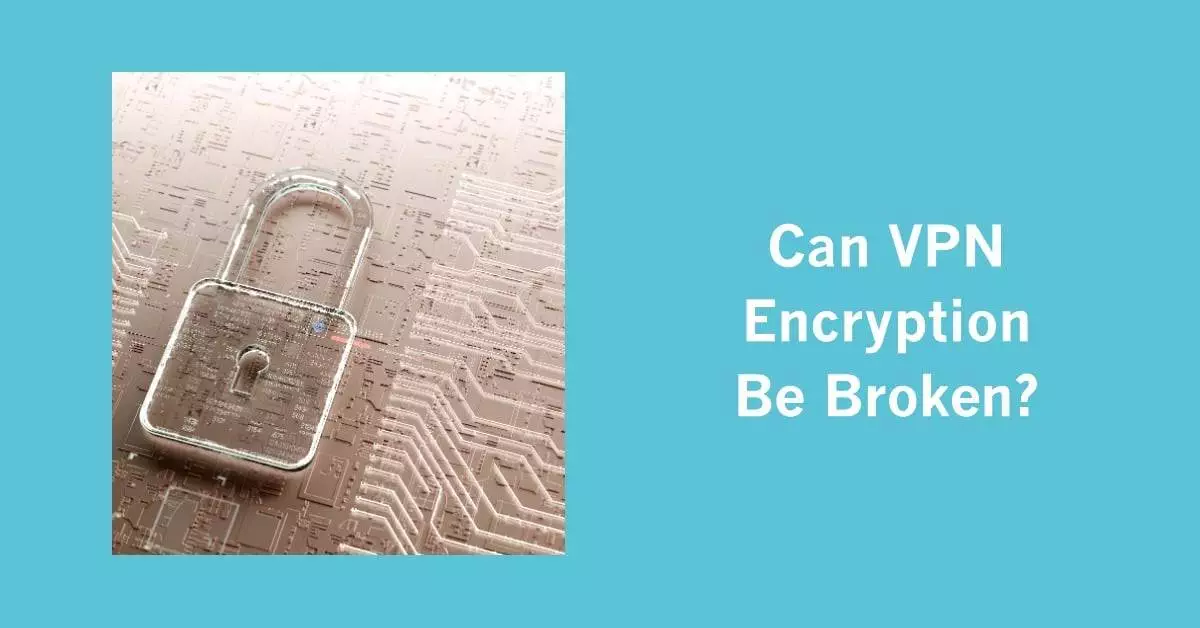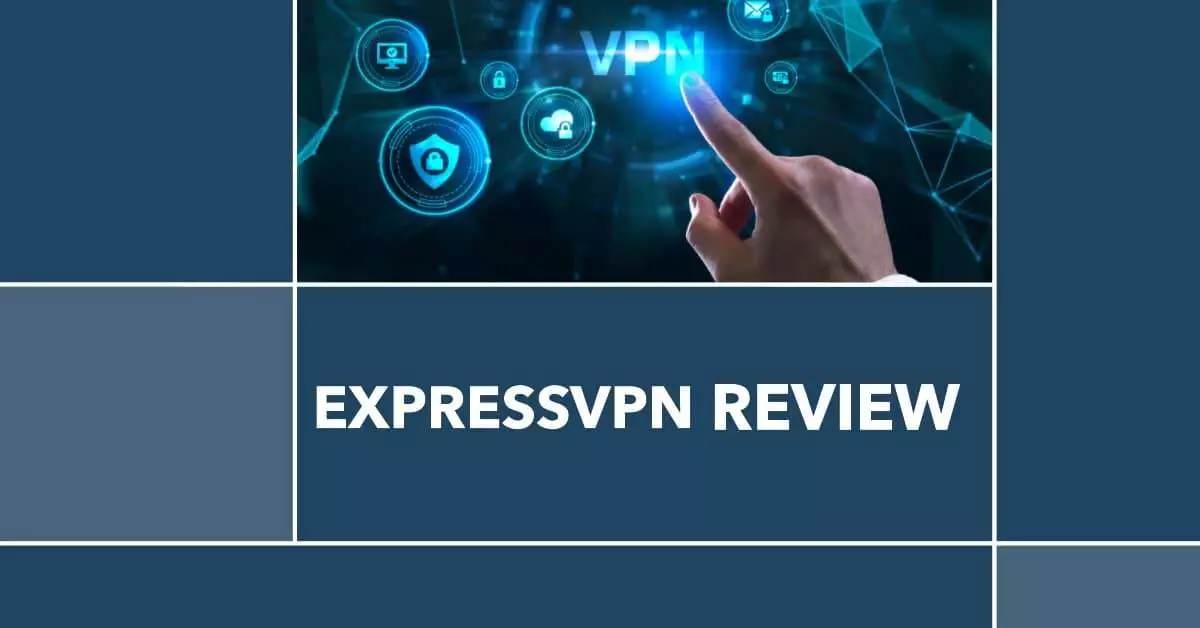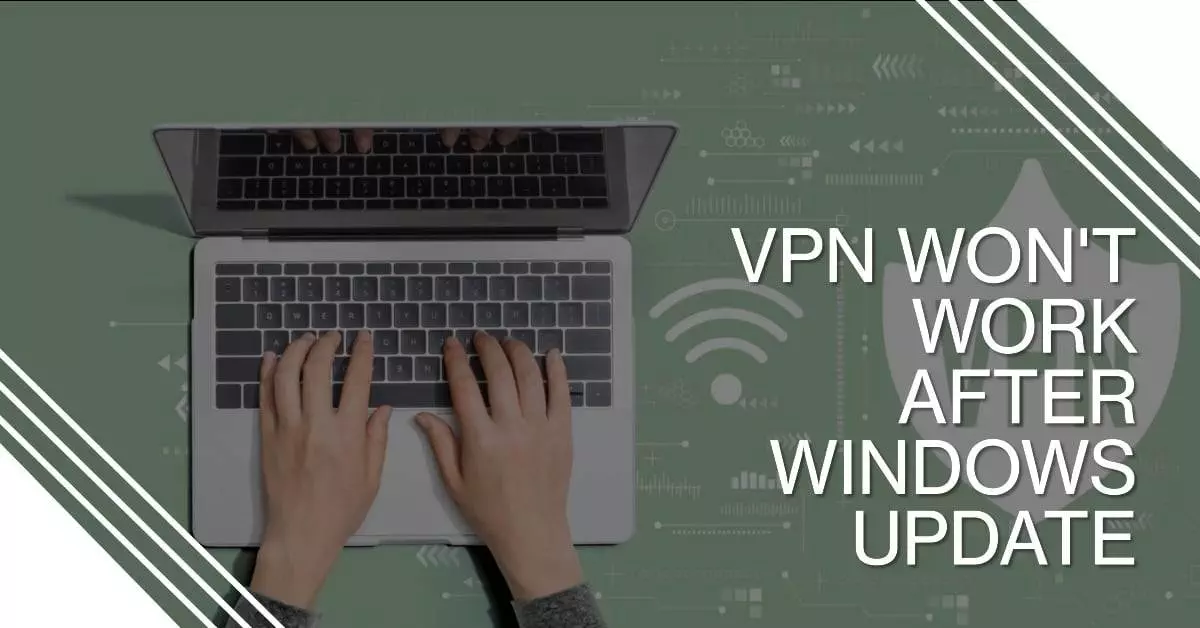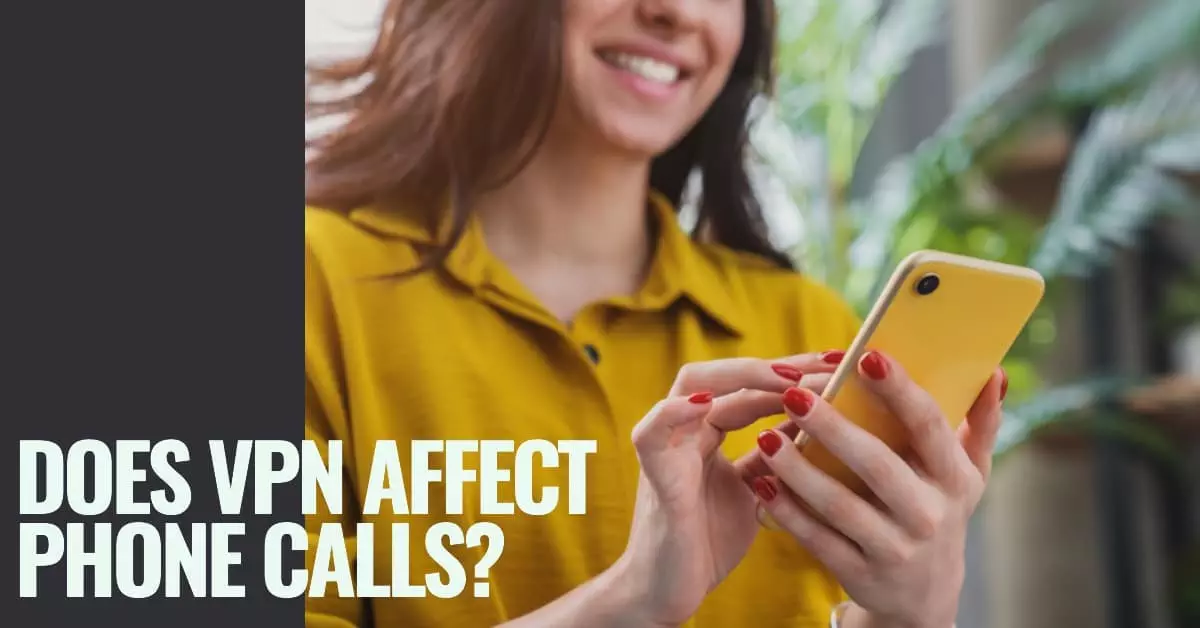It’s no secret that we’re living in an age where online privacy is increasingly becoming a top priority for many of us. Whether it’s to protect ourselves from hackers, bypass geo-restrictions, or simply surf the web anonymously – VPNs (Virtual Private Networks) have become our go-to solution.
But how secure are they really? Can their encryption be broken and leave us exposed despite our best efforts?
You might think you’ve got everything under control with your state-of-the-art VPN service, but let me tell you something: there’s always room for doubt.
No security measure is foolproof, as with any other safety precaution available. By the end of this article, you’ll have a comprehensive grasp of the pros and cons, empowering you to make informed and confident decisions.
Understanding VPN Encryption Methods
The world of VPN encryption is an ever-evolving landscape, with new methods and protocols constantly emerging. As cyber threats become more sophisticated, so does the technology designed to keep our data safe.
To truly appreciate these advancements in encryption evolution, it’s important to understand a bit about the various types of encryption methods used by VPNs today.
One helpful approach for gaining insights into this complex field is through a protocol comparison. By examining different protocols like OpenVPN, L2TP/IPSec, IKEv2, PPTP, and WireGuard, we can better gauge their strengths and weaknesses when it comes to security and performance features.
This understanding not only allows us to make informed decisions on which type of VPN best suits our needs but also fosters a deeper appreciation for the ongoing development efforts aimed at improving online privacy and security overall.
Potential Vulnerabilities In VPN Protocols
Is your VPN as secure as you think it is? While VPNs are designed to provide a high level of security and privacy, potential vulnerabilities still exist in various VPN protocols.
These protocol flaws can sometimes be exploited by hackers or government agencies to break the encryption and gain access to users’ data. In some instances, attackers have been able to bypass the encryption altogether.
Being aware of these potential weaknesses allows us to better protect our online activities and maintain our digital safety.
One common vulnerability is the use of outdated or weak encryption algorithms that can be cracked with relative ease using modern computing power. Another issue arises when poor implementation practices lead to configuration errors that may expose user information inadvertently.
It’s essential for users to stay informed about emerging threats and choose a reputable VPN provider that prioritizes security updates and adheres to industry best practices, including using the latest VPN protocols.
Your quest for mastery over your own online security begins here – keep learning, stay vigilant, and don’t let protocol flaws undermine your efforts towards maintaining privacy on the internet.
The Role Of Quantum Computing In Decrypting VPNs
As we ponder the possibility of VPN encryption being broken, we cannot ignore the role that quantum computing may play in this scenario.
With the rapid advancements in technology, traditional cryptography methods are constantly challenged to keep up and maintain their robust security features.
One such emerging field is quantum-resistant algorithms which have arisen as potential solutions to counteract possible decryption by powerful quantum computers.
Delving into post-quantum cryptography, we find ourselves exploring new cryptographic techniques designed specifically to withstand attacks from these mighty machines.
By embracing novel approaches and staying ahead of the curve, our quest for mastery over secure communication can continue unthwarted.
Undoubtedly, harnessing the power of innovative technologies like quantum-resistant algorithms will be essential in ensuring that VPNs remain a reliable tool for safeguarding our privacy and data integrity against potential future threats posed by advances in quantum computing.
Tips For Strengthening Your VPN Security
As we’ve seen, the development of quantum computing poses a potential threat to VPN encryption. Therefore, it’s crucial for users to take extra precautions and implement various strengthening measures to bolster their VPN security against these risks.
To enhance your VPN security and minimize exposure to any possible vulnerabilities, consider putting these four steps into action:
Incorporating these strategies can help protect your online activities from prying eyes even if future advancements challenge our current understanding of secure communications.
Remember that staying informed about evolving technology is key to ensuring continued safety on the web. So keep learning, adapting, and taking charge of securing your internet experience!
Choosing A Reliable VPN Service Provider
Choosing a reliable VPN service provider is essential for ensuring the security and privacy of your online activities.
When choosing a VPN, it’s important to think about how much you trust the provider and how reliable their service is. This will affect how well your data is shielded against possible dangers.
With numerous providers available in today’s market, it can be challenging to decide which one best suits your needs. However, by focusing on their reputation, transparency, and commitment to user privacy, you can gain confidence in your choice.
To begin with, research different providers’ reputations through reviews and testimonials from other users who have experienced their services first-hand. This process allows you to gauge both the advantages and drawbacks of each option before making an informed decision.
Make sure to check important aspects such as encryption standards, server locations, speed test results, and customer support. These are all essential factors that can impact the quality and reliability of your VPN service.
By taking the crucial step of identifying the best VPN provider for your needs, you can be confident that you are making significant progress towards securing your online presence while enjoying seamless access to digital content from all over the world.
Can VPN Encryption Be Broken? – Final Thoughts
In conclusion, VPN encryption is not entirely impenetrable. However, with the right security measures and a trustworthy service provider, it becomes virtually impossible for hackers to break through your secure connection.
Remember, an ounce of prevention is worth a pound of cure. Strengthening your VPN security now could save you from a world of trouble in the future.
So be proactive and choose wisely when picking out your digital shield against cyber threats.




Leave a Reply